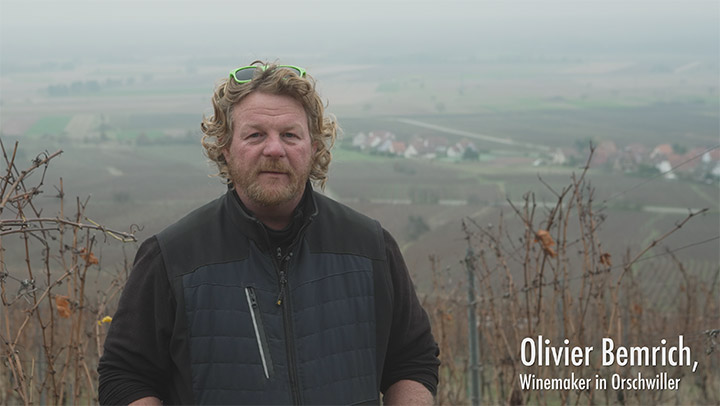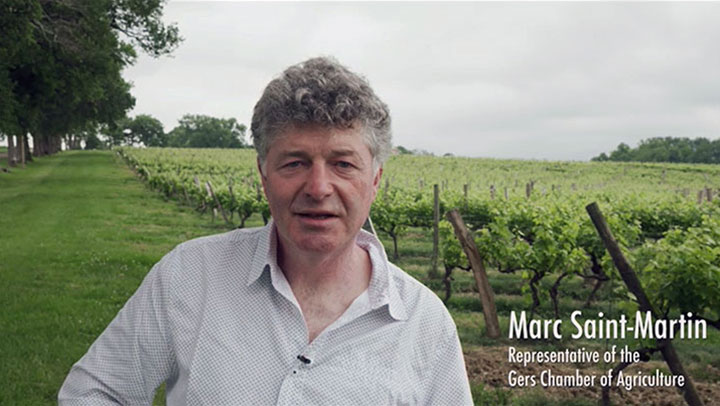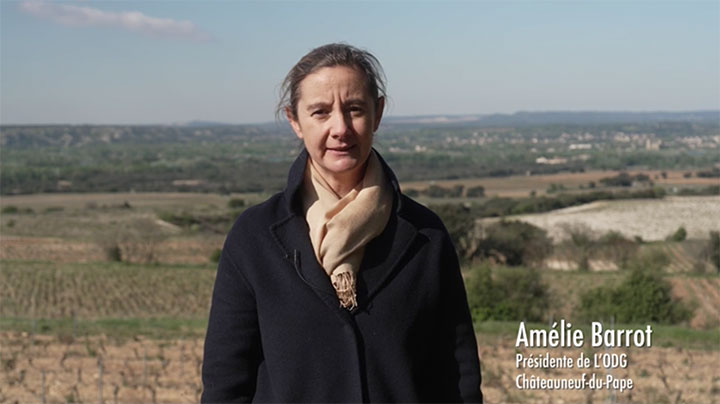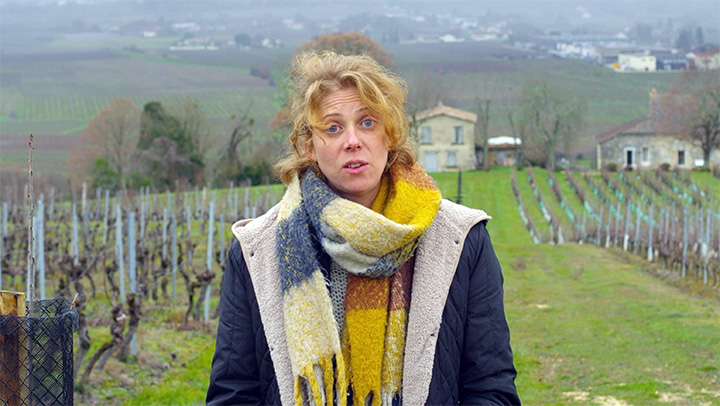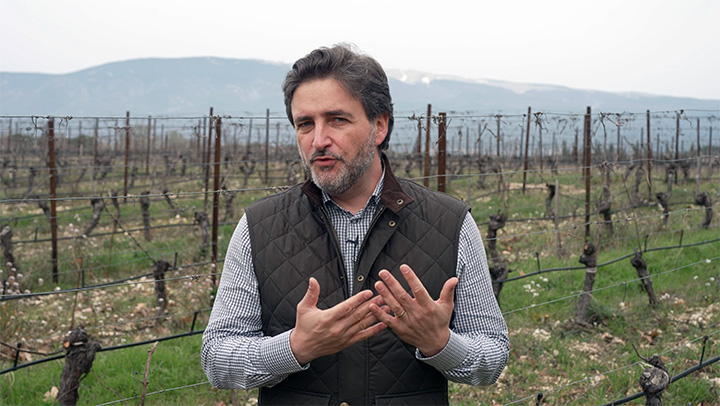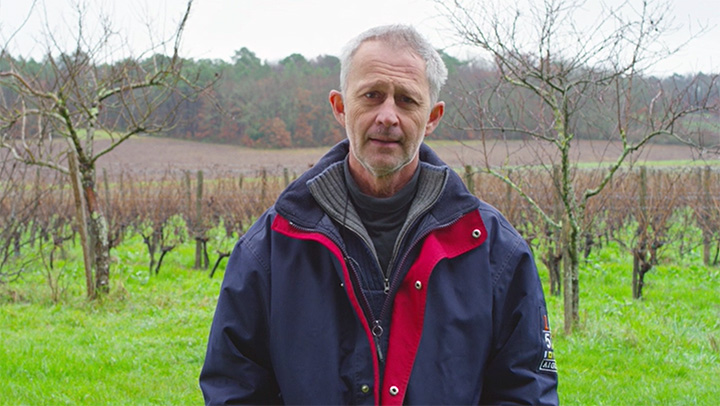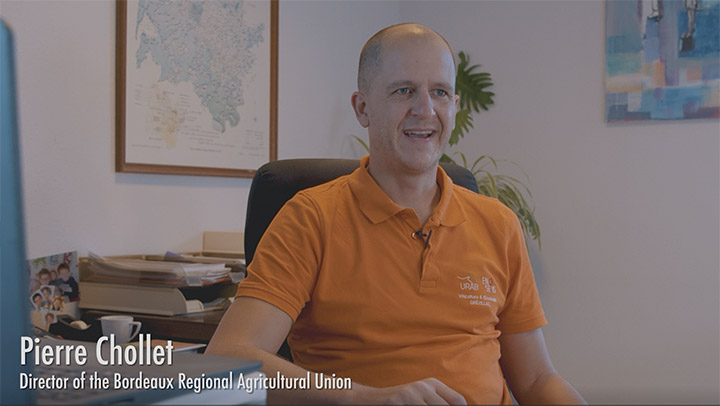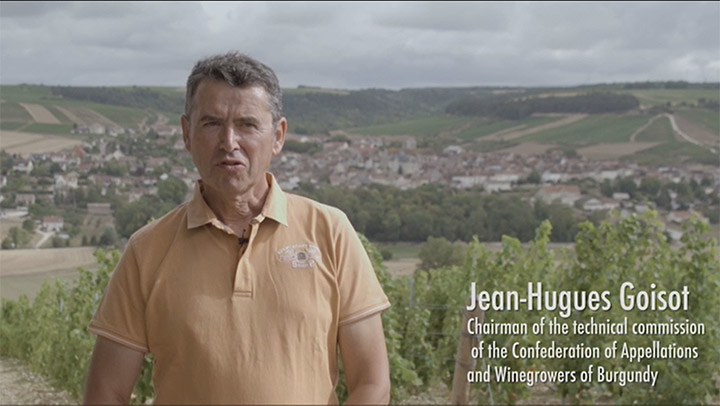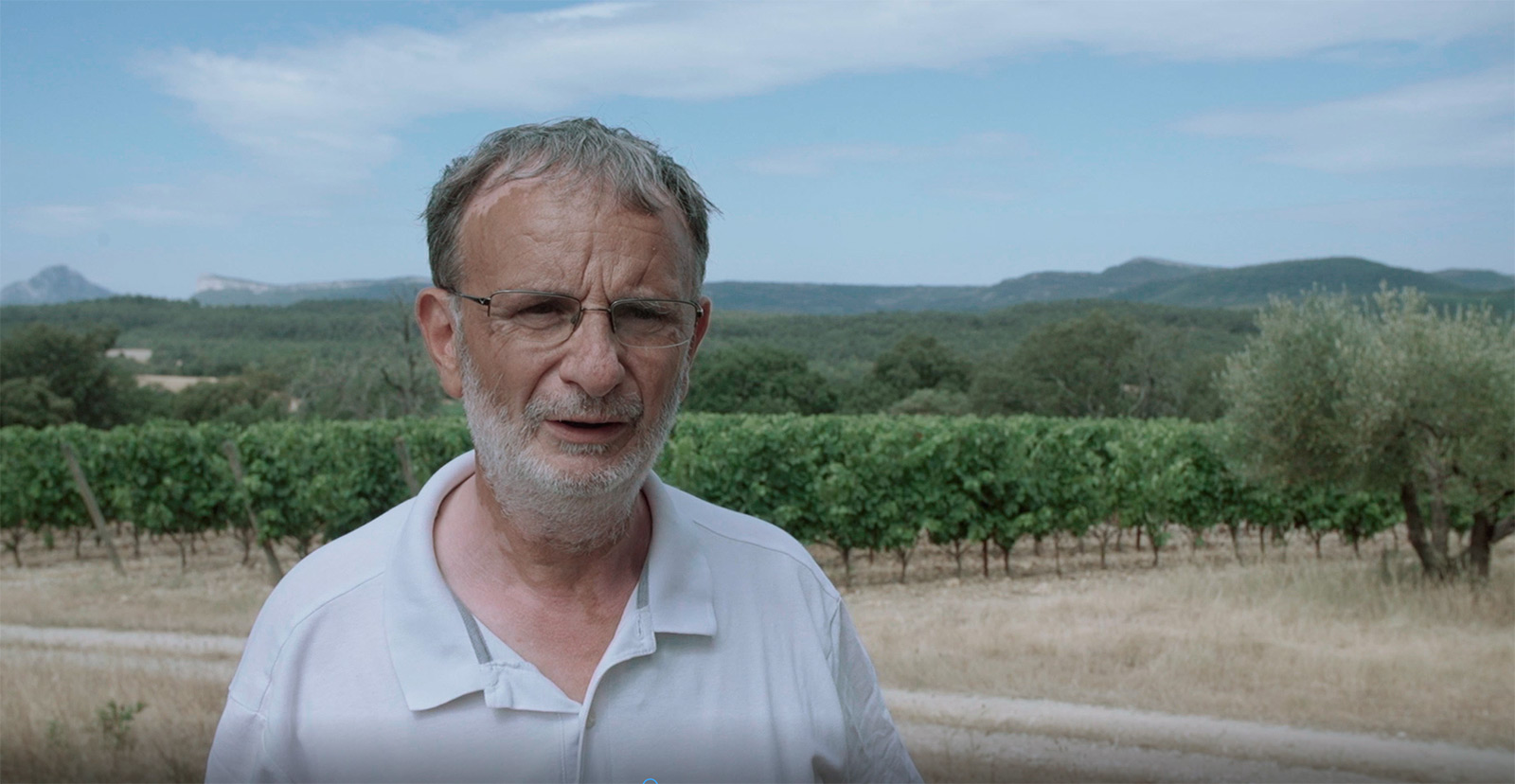A working group, made up of a few winegrowers and ecologists from the conservatory of the Occitanie Natural Areas, has developed a self-diagnostic tool for the qualitative and quantitative biodiversity of agroecological infrastructures called Biodiv’Eau, as part of a program initiated by the Federation Hérault from IGP and driven with Côtes de Thongue. The data mapped by the winemaker is analyzed and returned by the Conservatory with development recommendations.
Since 2014, support for the implementation of recommendations has been structured around a consortium between the agricultural profession, advice by the Chamber of Agriculture – coordinator – and environmental experts in order to consolidate and perpetuate this approach.
Thus on the Côtes de Thongue, the creation of an GIEE in 2016 made it possible to deploy the approach throughout the IGP territory and to offer training on culture auxiliars, on the preservation of pollinators, or even on agroforestry in wine-growing areas, in parallel with support in the contractualization of agri-environmental and climatic measures on herbicide reduction measures on nearly 900 ha at the level of the IGP territory. The system has been rolled out to all IGPs in the Hérault department with the aim of managing biodiversity at the territorial level. Today, the reflection concerns the adaptation of the tool at the level of the local authorities, to work in a more sustainable way on the whole of the landscapes on the scale of the territory, and a work of evolution will be undertaken in 2022-2023 to be able to have it recognized at level 2 of environmental certification.
Since 2014, support for the implementation of recommendations has been structured around a consortium between the agricultural profession, advice by the Chamber of Agriculture – coordinator – and environmental experts in order to consolidate and perpetuate this approach.
Thus on the Côtes de Thongue, the creation of an GIEE in 2016 made it possible to deploy the approach throughout the IGP territory and to offer training on culture auxiliars, on the preservation of pollinators, or even on agroforestry in wine-growing areas, in parallel with support in the contractualization of agri-environmental and climatic measures on herbicide reduction measures on nearly 900 ha at the level of the IGP territory. The system has been rolled out to all IGPs in the Hérault department with the aim of managing biodiversity at the territorial level. Today, the reflection concerns the adaptation of the tool at the level of the local authorities, to work in a more sustainable way on the whole of the landscapes on the scale of the territory, and a work of evolution will be undertaken in 2022-2023 to be able to have it recognized at level 2 of environmental certification.

